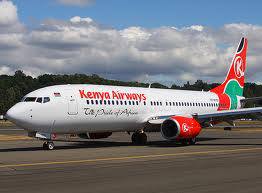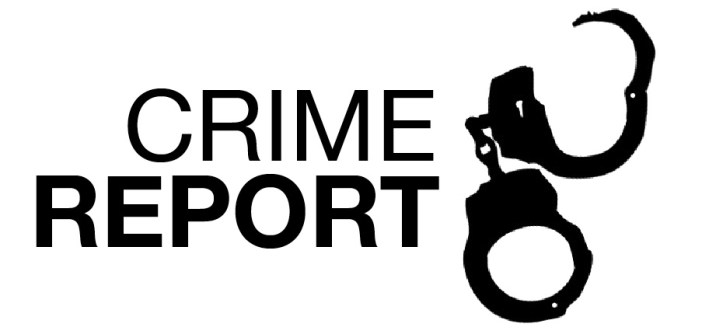Malawi President Joyce Banda has said the global lender, the International Monetary Fund (IMF), now has confidence in the reform programme which the government is implementing.
Banda said this on Friday when she delivered a statement marking the opening of the 44th session of Parliament.
She said this in the context of Malawi’s successful conclusion of negotiations with the IMF on the new Extended Credit Facility (ECF) programme which triggered the $20 million from the multilateral lender.
“The IMF board also met in December 2012 and successfully completed the first review of Malawi’s economic performance and approved another 20 million United States dollars disbursement under the programme signifying its satisfaction and confidence in the reform programme that my government is implementing,” said Banda.
The President said government met most of the quantitative targets, including those of net international reserves, net domestic borrowing and the contraction of non-concessional external borrowing.
Currently, under the IMF-supported ECF, total disbursement, so far, under the programme is $40.1 million (K14 billion) out of the programme’s total resources amounting to $156.2 million (about K55 billion).
Commenting on the macroeconomic stability, the President said some reform measures in the Economic Recovery Programme (ERP) include the realignment of the exchange rate to regain macroeconomic balance and stability.
She said the 49 percent devaluation of the kwacha in May last year and the subsequent floatation of the currency have addressed the imbalances in the foreign exchange market.
The President also said government removed requirements to deposit foreign exchange earnings with the Reserve Bank of Malawi (RBM) and also removed restrictions on operations of foreign exchange bureaus.
According to Banda, her government also introduced the automatic fuel pricing mechanism in order to reduce risks to the budget while maintaining constant supply of fuel.
She said RBM has been adjusting the bank rate, now at 25 percent, in order to dampen the depreciation of the currency and the consequent inflation.
The President also stated that government introduced the No Net Domestic Financing (NNDF) of the budget to control expenditure overruns and enhance domestic and foreign revenue mobilisation.
“My government also instituted several expenditure control measures. I directed the immediate sale of the presidential jet, which is about to be sold to a potential bidder,” she said.
Banda also boasted that government reduced the number of people in presidential entourages and ministerial delegations on both external and local trips and introduced the one motor vehicle policy for ministers, deputy ministers and senior government officials which she said is being implemented.
In an interview on Friday, the European Union (EU) Ambassador to Malawi Alexander Baum hailed the steps that government has taken, so far, in an attempt to revamp the economy.
Baum said Malawi’s development partners have over the past eight months being supportive to Malawi and pledged continued support towards recovering the economy.




